Share the page
Our work in international cultural cooperation
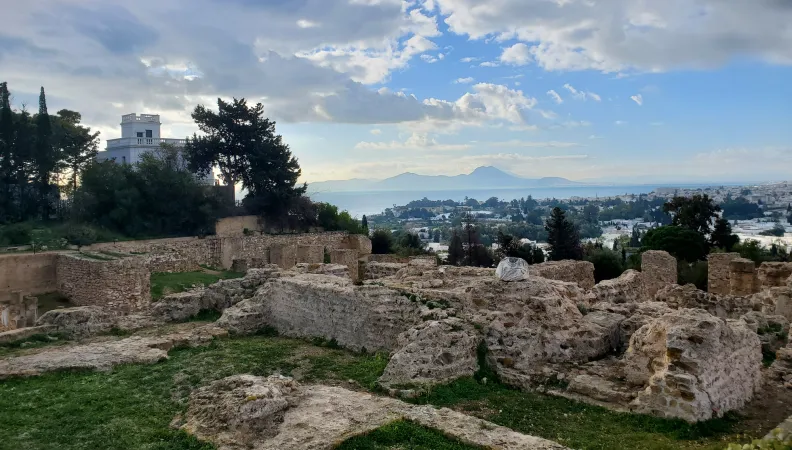
Cultural heritage protection, the diversification of tourism, and support for the cultural and creative industries (CCIs) are powerful levers for economic development. They also contribute to social cohesion and territorial attractiveness. And as a facilitator of peace and reconciliation, culture fosters intercommunity dialogue both locally and globally, and promotes mutual understanding between peoples and societies.
International cultural cooperation is therefore essential to protect this shared heritage. As a development cooperation agency, Expertise France works with partner countries to implement a broad range of actions – from project management assistance on restoration works and the promotion of heritage sites to the modernisation and governance of cultural institutions and regulation of copyright law.
We have been active in the heritage field since March 2019, and in the cultural and creative industries since 2020, aligning our action with French and European political priorities, as well as with the strategic direction of the Agence Française de Développement (AFD) Group.
7% According to UNESCO, the cultural and creative industries account for over 7% of global GDP.
We have been active in the heritage sector since March 2019 and in the cultural and creative industries sector since 2020, aligning ourselves with French and European policy priorities and the AFD Group's strategic guidelines.
Our strategic priorities
With a project portfolio of €65 million dedicated to culture and heritage in 2025, we focus our efforts on three major priorities. These preserve and enhance cultural heritage and the cultural and creative industries as drivers of economic development and social cohesion in our partner countries:
- Museum cooperation through conservation, governance, business models, cultural and scientific programming, digitisation, scenography, curation, and audience engagement
- Cultural heritage protection and enhancement through regulatory frameworks, inventories, preventive conservation, restoration, on-site training schools, 3D digitisation, management plans, preparation for registration on the UNESCO heritage list, local community engagement, and tourism strategies
Support to the cultural and creative industry through data production, organisation of ecosystems, legal and regulatory frameworks, vocational training, financial support for creative entrepreneurs, networking, infrastructure and cultural programming
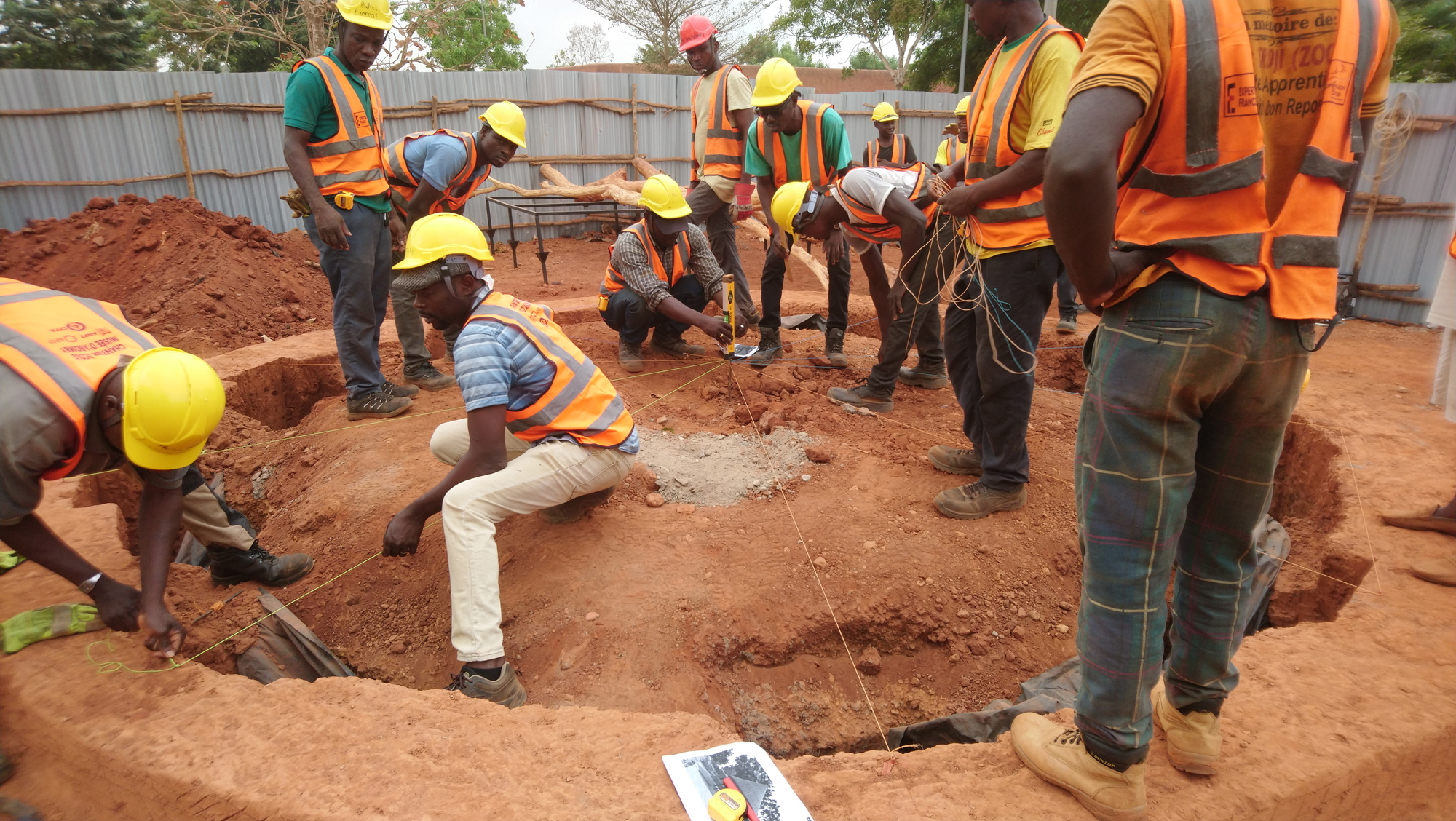
Our framework for action
Our agency’s work aligns with French, European and international priorities in the area of culture and cultural heritage protection, including:
- The French President’s transformational agenda: Culture and the creative industries have been identified as a strategic sector for international partnerships. This stance was reaffirmed during the April 2025 Presidential Council for International Partnerships
- The Ministry for Europe and Foreign Affairs and its cultural cooperation and promotion policy: Based on two pillars, it reinforces France’s intellectual and cultural soft power. Increasingly, it also helps organise and support the cultural and creative industries
- The French Ministry of Culture’s external cultural action plan, in collaboration with other ministries and relevant bodies
- The Sustainable Development Goals (SDGs): Culture plays a key role in many SDGs, especially SDG 11, which calls for a strengthening of “efforts to protect and safeguard the world’s cultural and natural heritage.”
For further reading
Our services in this area
We take an agile, co-constructed approach with our international partners to support the development and implementation of high-quality public policies for culture and heritage protection.
This includes knowledge transfer, peer-to-peer dialogue, and the deployment of tailored expertise (public or private, French, international and/or local). We favour long-term support while maintaining flexibility for shorter-term projects. Our services include:
- Technical cooperation: advisory services, training, benchmarking, networking, peer-to-peer dialogue, study visits
- Infrastructure and construction projects: project management assistance or project owner representation
- Technical coordination: complex projects, comprehensive coordination, transversal engineering, expertise bundling, grant distribution, equipment or construction procurement
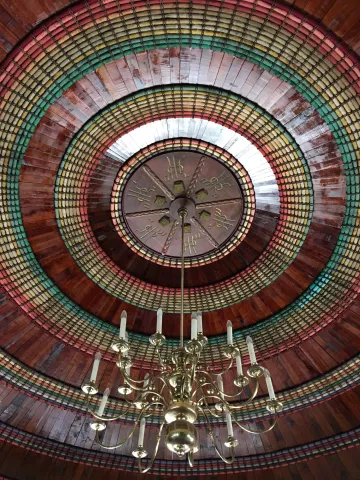 © Clara Delmon - Expertise France
© Clara Delmon - Expertise France
FAQs
For more about international cultural cooperation
Cultural and heritage cooperation includes all actions aimed at preserving, enhancing, and transmitting tangible and intangible cultural heritage and supporting the cultural and creative industries (CCIs). Expertise France aims to strengthen state institutions in our partner countries; support the transformation of organisations, particularly cultural and museum institutions; and strengthen the capacities of cultural and heritage professionals.
Key challenges include:
- Protecting heritage threatened by climate change, conflict, rapid urbanisation or neglect
- Ramping up the professionalisation of local cultural bodies
- Promoting social inclusion, gender equality and wider cultural access
- Strengthening cultural exchange based on ethical principles and respect for cultural diversity
International cultural cooperation thus emerges as a springboard for development, fostering both territorial economic development and social cohesion.
International cultural cooperation contributes directly to sustainable development by:
- Preserving tangible and intangible heritage as a driver of social cohesion and local identity
- Supporting local economies through cultural entrepreneurship, creative economy (job creation and territorial attractiveness), and reinvigoration of the tourism sector
- Safeguarding traditional crafts and artistic skills as intergenerational assets
- Strengthening education systems and cultural policies via training, access to culture and organisation of the creative sector
International cultural cooperation aligns with Sustainable Development Goals (SDGs) 5, 8, 9, 10, 11, 16 and 17, integrating issues of equity, cultural access, and social resilience.
There are multiple stakeholders that operate at various levels (non-exhaustive list):
- Public institutions: ministries of culture, national agencies, museums, cultural institutions
- International organisations and cooperation agencies: AFD, UNESCO, ALIPH, Expertise France
- Civil society: NGOs, artists, cultural entrepreneurs, incubators, foundations
- Local partners: local authorities, community groups, arts and crafts cooperatives
Collaboration among these stakeholders is essential for effective, sustainable international cultural cooperation.
The cultural and creative industries (CCIs) encompass economic activities related to the creation, production, and distribution of cultural, artistic, or heritage content, including:
- Visual and plastic arts
- Performing arts, video games, and digital arts
- Music
- Books, films and audiovisual media
Expertise France supports international museum cooperation through:
- Conservation and collection management initiatives
- Projects focused on scenography, public outreach, and curation
- Support for governance, site management, and digital transformation
Examples of international museum cooperation projects include the Museum of the Epic of the Amazons and Kings of Dahomey (Benin), the National Museum of Yaoundé (Cameroon), and the National Palace of Addis Ababa (Ethiopia).
Our projects
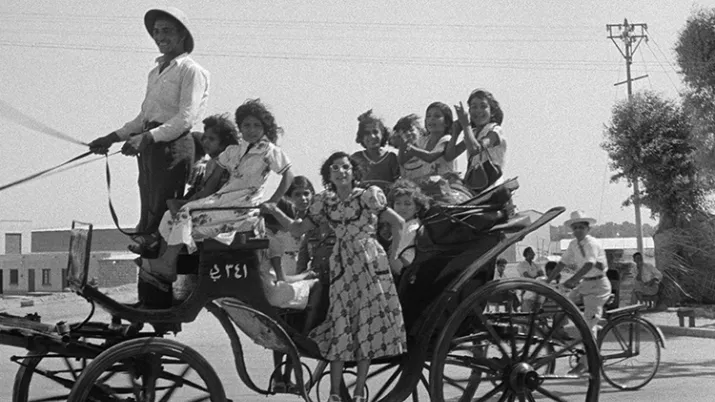
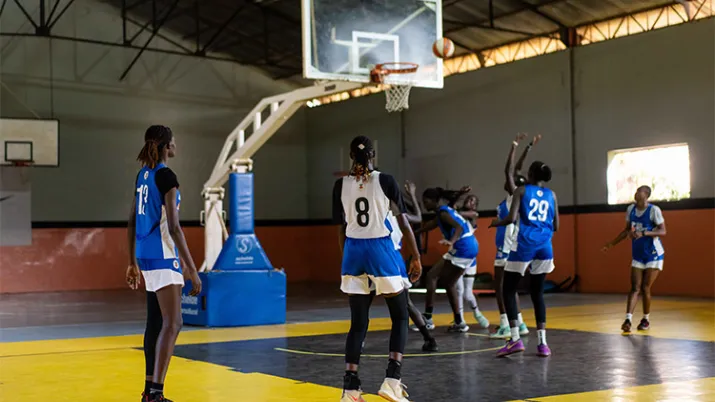
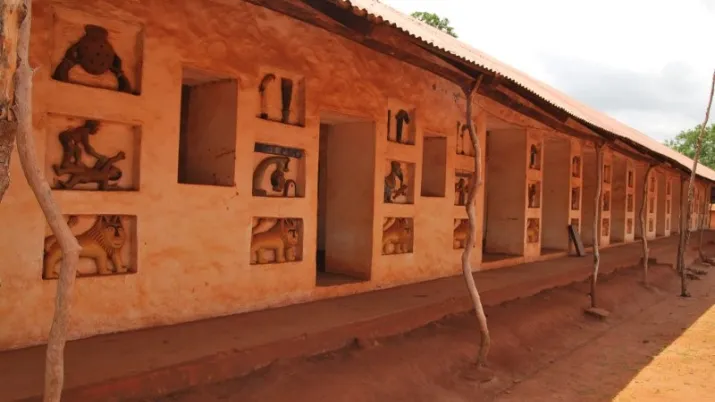
Key figures
- €65 million project portfolio in 2025
- 15 active projects
- 12 countries of operation
